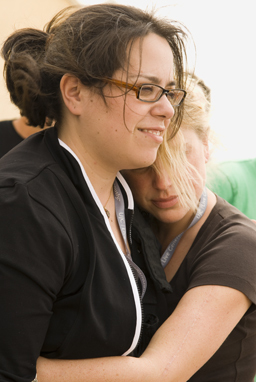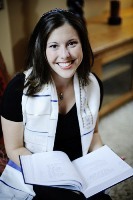Can you explain “Shloshim,” the traditions for the 30th day of mourning, and how Reform families might observe them?

During the shloshim period, the next 23 days, the ritual constraints of mourning are less severe. For example, one might return to work after the seventh day, but might still avoid joyful social gatherings and entertainment for the remainder of shloshim. One is considered a mourner for 12 months for a parent, but for other relatives only through the time of shloshim. Joining a minyan (community of worshippers) on a regular (daily or weekly) basis for prayer and the recitation of the Mourner’s Kaddish is a common way to mark and observe the days of these mourning periods.
From a Reform viewpoint, observing the mourning periods serves as a means to help the mourner confront and work through grief, remember and consider the legacy of a loved one, and ultimately return to living with a sense of renewal. The observance of mourning customs and periods, therefore, are to benefit the mourner and not to subject him/her to empty discipline or ritual practice. While Reform clergy encourage mourners to adopt the traditional mourning practices, we counsel a family to mourn in ways that will be helpful in bringing comfort and consolation after their loss.

Rabbi Rachel Saphire is the assistant rabbi at Temple Beth Elohim, a Reform synagogue in Wellesley.
